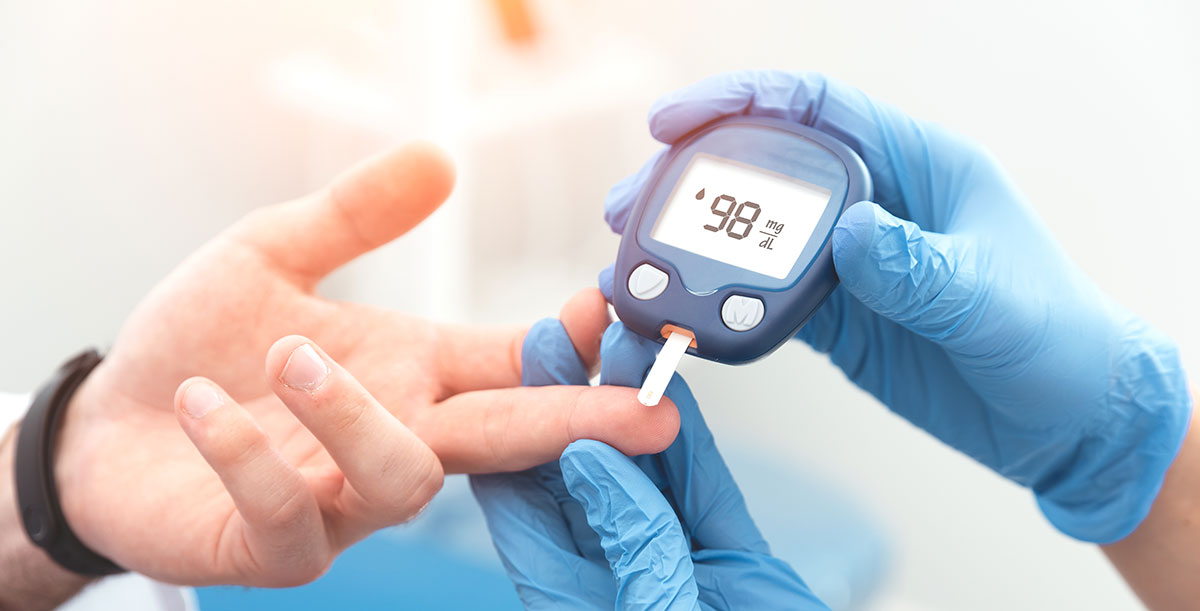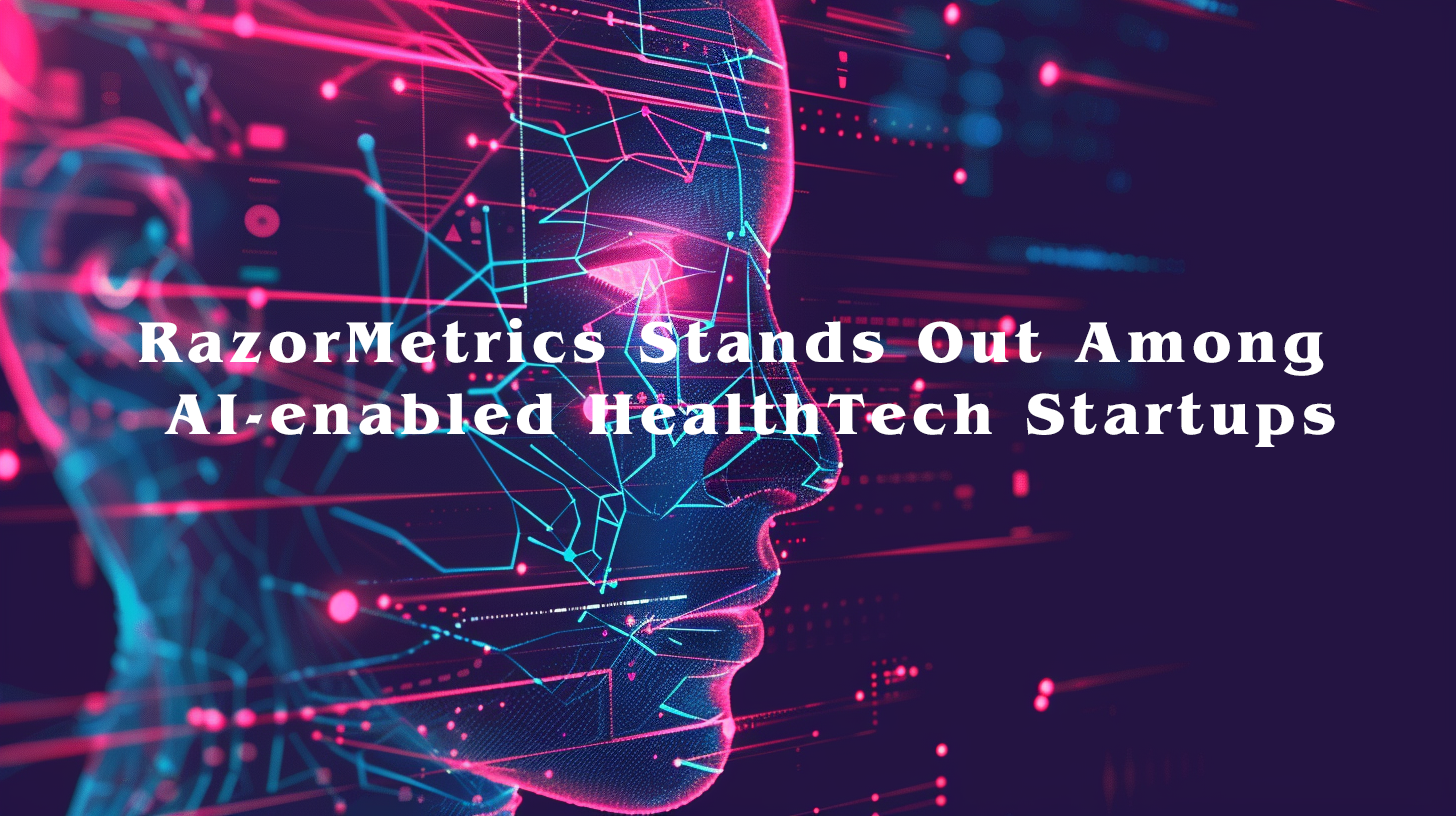The good news is the Inflation Reduction Act, which puts a $35 cap on monthly insulin prices, went into effect on Jan. 1. The bad news is anyone under the age of 65 or on private insurance will not benefit. The $35 monthly cap only applies to seniors on Medicare. This means that about 21 million people with diabetes will still have to fight for affordable insulin.
The cost of insulin is opaque at best. There is no “base cost” that applies to everyone. The cost of a vial of insulin depends on the person’s insurance plan, type of insulin, rebate or drug manufacturer coupon availability, high or low deductible, type of pharmacy, employed or not, and other factors that have nothing whatever to do with the cost of manufacturing insulin.
Using price index analyses, the RAND Corporation calculated an average cost for one vial of insulin in the U.S. to be $98.70, which was 10X what it costs patients in other countries in the Organization for Economic Cooperation and Development. When Americans used rebates, it only brought the cost of insulin down to 4X the cost in other countries.
To put the medical need in perspective, a person with Type I diabetes requires about one to three vials of insulin per month to properly regulate their blood sugar levels. At about $100 per vial, the cost can add up quickly.
It is clear that employer-based insurance is better at controlling costs for insulin users. About half of the people who get insurance from their job spent about $35 out-of-pocket for a 30-day supply of insulin in 2019 and 2020, which matches the cost cap through the Inflation Reduction Act.
However, people with a high deductible spend a lot more. The JAMA Network Open published a report that people with a high-deductible insurance plan pay up to or more than $141 per month out-of-pocket.
This puts people in the untenable position to either ration their insulin or cut costs in other parts of their lives to afford the critical medication. According to the journal Annals of Internal Medicine, more than 1 million Americans either used less insulin than they needed to save money. Chronically high blood sugar levels can result in hospitalizations and premature death. The cost of insulin is not the only cost associated with managing diabetes. Glucose monitors (about $550 for a three-month supply) and insulin pumps to properly deliver the medication (about $1,100 per pump).
Ultimately, without a cap on monthly out-of-pocket costs for insulin for everyone, the next best alternative is a new generic version of insulin (a biosimilar) for people with a high deductible or insurance that is not connected to an employer. The FDA approved an insulin biosimilar called Semglee (insulin glargine-yfgn) made by Mylan Pharmaceuticals Inc. last summer which will help lower the cost for patients. The trick now is to educate and encourage physicians to prescribe the new drug. The FDA created new materials to enhance the understanding of biosimilars and interchangeable biosimilar products. Still, the uptake will be significantly helped by companies like RazorMetrics, which work directly with physicians to find the lowest-cost medication for their patients. To learn more about how RazorMetrics can help, reach out and schedule a quick call by going here.



